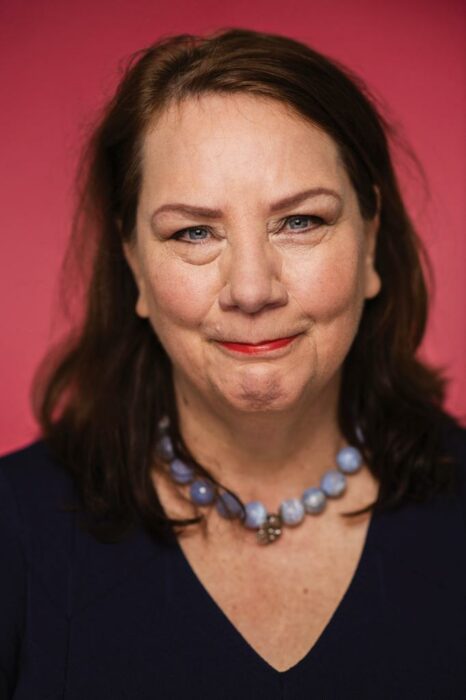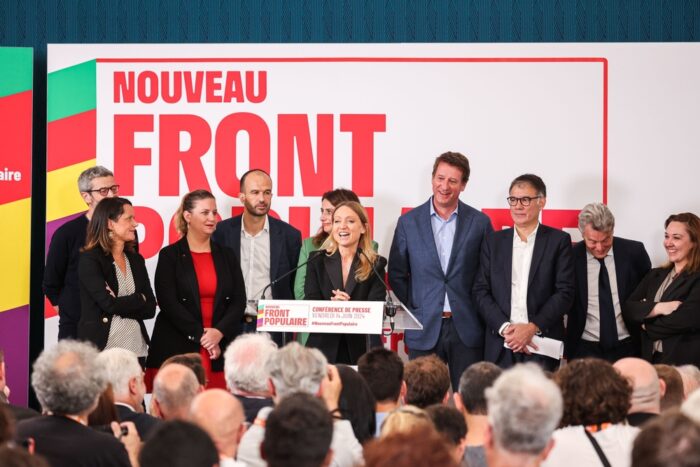
On 22 November, the Netherlands held elections where the Social Democrats (PvdA) and the Greens (GroenLinks) made history with a joint list, a joint program and a strong result. Unfortunately, that was not the only historical event of the day. Geert Wilders’ far-right party PVV won the elections and became the largest party. Wilders’ political programme is extreme and refers to leaving the EU, bringing down migration, ending climate policy, cutting off aid for Ukraine, blocking EU Enlargement and decreasing the influence and presence of Muslims in Dutch society. As we are still taking stock, I wrote some reflections on what happened.
24 per cent Of the Dutch electorate has come out in support of an extreme right-wing party. PVV received an extra 6.5 per cent boost in the campaign’s final days, a fact no commentator or polling agency had predicted. Other right-wing parties indicated that they would not rule out forming a government with Wilders, nor supporting a right-wing minority government led by him. At the same time, Viktor Orbán, Marine Le Pen, Matteo Salvini and Russian media have welcomed Wilders’ election victory. The saying ‘you are the company you keep’ comes to mind.
Coming back to ourselves: we achieved a good result. GroenLinks-PvdA gained in total 8 seats in our National Parliament, from 17 to 25, from the 150 Parliament seats in total. Cooperation between us and the Greens has borne fruit in a fragmented political landscape. And while the shock over Wilders’ victory dominates at this point, we are proud of the joint campaign we ran, and we will continue to build our red-green movement.
As we are reflecting on our own campaign, the consensus within the party is that the successor of out-going Prime Minister Mark Rutte, Dilan Yeşilgöz, as the new party leader of the VVD, opened the door to Wilders by saying she would be willing to lead a cabinet that would include the far-right PVV as a junior party. In doing so, she legitimised a party that consistently excludes people from society, leading to a campaign that -was marked by a right wing mimicking the far right.
However, what we ought not to forget is that Geert Wilders has been part of Dutch politics for over 25 years and his party PVV has been part of the Dutch political system since 2006, all that time poisoning the Dutch public space with discriminatory and racist rhetoric. For example, in 2007, he suggested he wanted to ban the Quran, in 2009, he called for ‘a headscarf tax’, at another moment, he launched an anti-immigrant website known as the ‘Polish hotline’, and this time, during the election night last week, he spoke about ending the ‘tsunami of asylum seekers’.
In the last twenty years, Wilders has been advocating fear. And now, his campaign was suddenly based on hope. But hope is the narrative of Barack Obama, hope is the language of the progressive forces. This narrative used by the far right is a new development in this campaign. Also, the new conservative party NSC of former Christian democrat Pieter Omtzigt hijacked the progressive narrative by making living standards a key message in their campaign.
Looking at the preliminary numbers of people’s voting behaviour, several trends become clear. In general, people with higher levels of education and urban residents voted for GroenLinks-PvdA. Research shows people voting PVV have generally lower levels of education. The traditional working class hardly voted for GroenLinks-PvdA. This indicats a huge gap that has kept growing in our country as well as in our parties.
It is, however, important to keep in mind that our country did not change overnight. Discrimination has grown gradually over the last decades, and so has the polarisation of our society, as well as the fragmentation in our political landscape. What changed is that voters made a far-right party the biggest party in our national parliament. That the gap is more visible than ever does not mean it was not there before.
The insecurity of livelihoods has been growing for years. Where it initially hit mainly the lower classes, nowadays also the middle class has difficulties paying the bills. There is a housing crisis ongoing, wages have lagged behind for years, there is no sufficient job security. I fear that Wilders will not be able to take away these uncertainties. He campaigned on them by blaming the other parties, rather than offering structural solutions to the lack of investment. On this topic – as on others –, we have to keep finding a way to tell our story, our solutions. And to communicate that we have the solutions, without the blame. If anything, our task to stop the polarisation of society has only become more urgent.
My favourite campaign video was from the North of the Netherlands with one of our younger candidates, Habtuma de Hoop. His last name is fittingly Hope. They used the anti-apartheid song Gimme Hope Jo’anna, made by Eddy Grant. Hope belongs to our movement. As the song goes:
Gimme hope Jo’anna
Hope Jo’anna
Hope before the morning come
This we have to bear in mind as we continue our fight.
Photo credits: 2023 GroenLinks-PvdA




